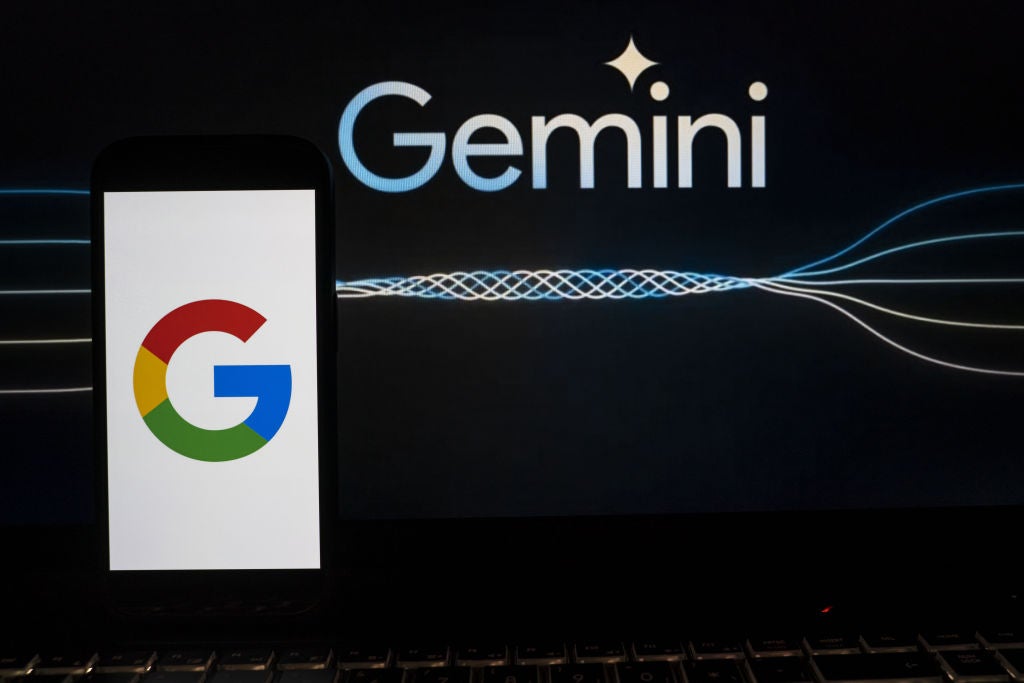
Google has released new AI models that move a step closer to making its proprietary technology open-source.
The move is a change in strategy for the search engine giant, which previously kept its proprietary AI technology private.
However, the company has not been as vocal as Meta and IBM, both of which expressed the need for an “open-science” approach to AI development.
The search engine giant announced on Wednesday (21 February) that its new family of AI ‘open models’ will be available to experiment with at no cost. The Alphabet-owned company has made the models’ key technical data publicly available.
Google’s Gemma AI model comes in two sizes: a smaller version for app building and one for customers who wish to create AI software with high-end data centres and chips.
Gemma has been built from the same research and technology used to create Google’s larger Gemini models, the company said in a blog post.
How well do you really know your competitors?
Access the most comprehensive Company Profiles on the market, powered by GlobalData. Save hours of research. Gain competitive edge.

Thank you!
Your download email will arrive shortly
Not ready to buy yet? Download a free sample
We are confident about the unique quality of our Company Profiles. However, we want you to make the most beneficial decision for your business, so we offer a free sample that you can download by submitting the below form
By GlobalDataUnlike Meta’s Llama models, which are entirely open-source for research and development, Google has only partially opened up its technology.
The search engine giant remains in charge of choosing ownership and setting terms of use for its Gemma models.
Google has also refrained from opening up its larger AI models to developers; its main Gemini model, formerly known as Bard, remains private.
Google’s Gemma models are reportedly sized between two and seven billion parameters. This is considerably smaller than Meta’s Llama 2 models, which range between seven and 70 billion parameters in size.
Parameter is the name given to the variable the AI model uses to make predictions and decisions.
OpenAI’s GPT-3 model is by far the largest of the AI models, reportedly sized at around 175 billion parameters.
Google has not confirmed the size of its Gemini model.
Meta and IBM announced a group called the AI Alliance in 2023, which aims to advocate for an ‘open-science’ approach to AI development.
The announcement pits Meta and IBM against other heavyweights in the industry which are creating closed AI systems such as OpenAI and Microsoft.







